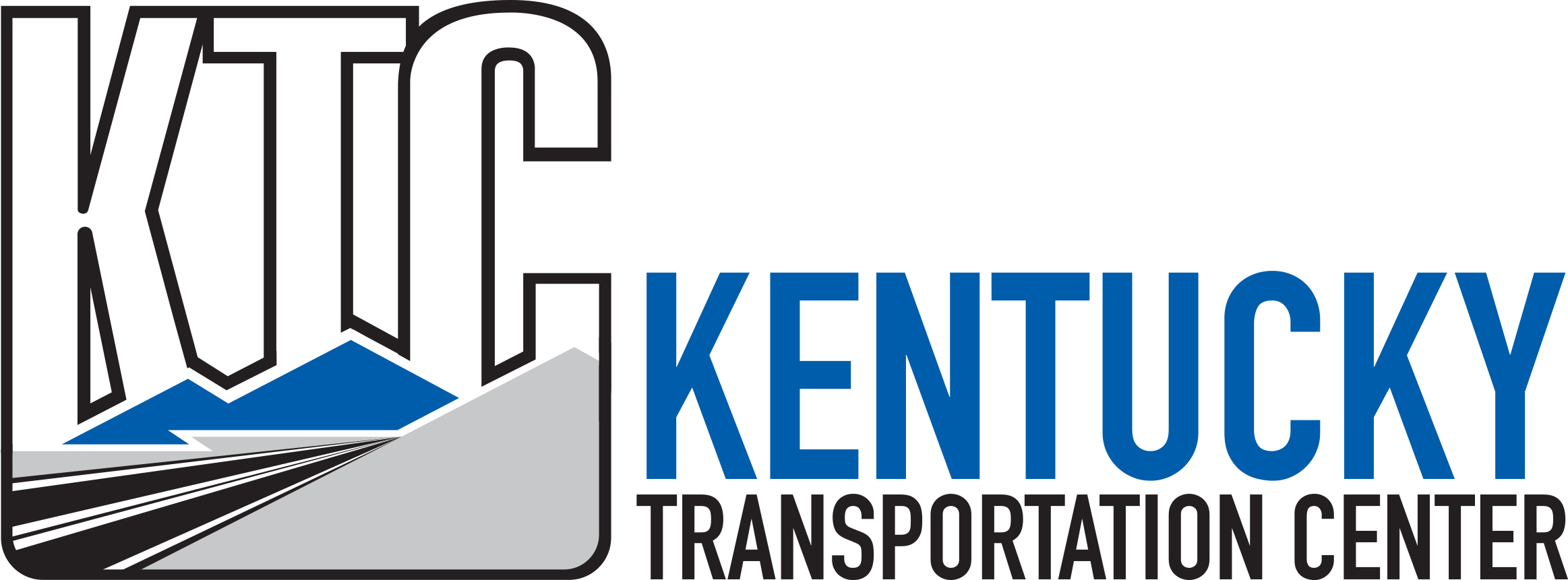Abstract
In a meeting held on March 7, 1973, the Division of Research was requested to perform a supplementary slope stability analysis of the unstable, eastern approach embankment and foundation located at the crossing of the Bluegrass Parkway over Chaplin River and extending between Stations 2317+14 and 2321+00. Previously (see referenced report), two remedial schemes had been considered for increasing the stability of the unstable soil mass to an acceptable level. Those included: 1) loading the toe area of the existing, eastern approach slope with a berm, including a sloping berm, and 2) unloading the upper portion of the eastern slope by excavation, that is, decreasing the original approach slope (1.5 horizontal to 1 vertical), which would require an extension of the bridges, construction of piers at the present locations of the abutments and a relocation of the abutments.
In the report cited, consideration was given primarily to using a berm to stabilize the eastern approach slope. Normally, that method of increasing the stability of an unstable embankment is the most economical. However, loading the toe area of the existing slope with a berm was considered undesirable in the meeting of March 7, 1973, because a berm would extend into the Chaplin River channel and alter channel hydraulics by constricting the channel area. Furthermore, there was a question of whether the berm materials could withstand the high velocities of Chaplin River. Consequently, an in-depth stability analysis was performed which involved excavation of the approach embankment and a relocation of the abutments.
Report Date
5-1-1973
Report Number
No. 370
Digital Object Identifier
http://dx.doi.org/10.13023/KTC.RR.1973.370
Repository Citation
Hopkins, Tommy C. and Yoder, S. M., "Remedial Stability Analysis of Unstable Eastern Approach Embankment, Bluegrass Parkway Bridges over Chaplin River" (1973). Kentucky Transportation Center Research Report. 1128.
https://uknowledge.uky.edu/ktc_researchreports/1128


